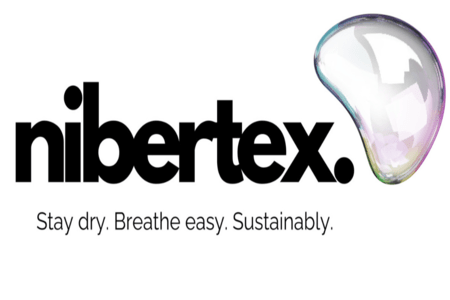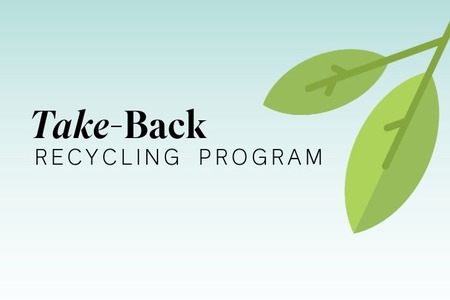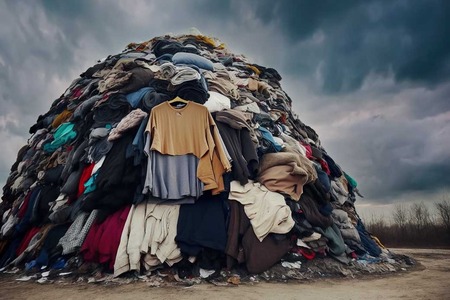
Garment and Textile agreement proving to be effective
YarnsandFibers News Bureau 2019-10-10 19:30:00 –The Dutch Agreement on Sustainable Garments and Textile is proving to be a relevant and effective way of improving sustainability in the sector, according to a new independent report.
Research consultants Avance Impact say companies participating in the agreement are now tracking down risks in their production chain and taking appropriate action to address them.
Improvements can already be seen at a number of production locations, such as the introduction of a living wage at a number of factories in Turkey and Pakistan, as well as collective projects on issues including child labour, water use and chemicals.
Pierre Hupperts, the independent chairman of the agreement, commented: "The evaluation report is an important sign: it confirms that the agreement offers a good pathway towards sustainability in the garment and textile sector. Our task is to keep moving forward. We still have much work ahead, especially in production countries."
The Dutch Agreement on Sustainable Garments and Textile was launched in 2016 when a broad coalition of companies and other organisations joined forces to prevent malpractices such as worker exploitation, animal cruelty and environmental pollution.
Avance Impact was called on to evaluate progress on the agreement at the midway point of its five-year term. The evaluation process included interviews with participating companies and parties as well as external organisations.
Its report says the agreement has already achieved a number of important milestones. Participating companies were growing more skilled at due diligence. They were examining their production chains, identifying malpractices, and then prioritising and trying to tackle them.
Transparency has also improved thanks to the annual publication of the aggregated companies’ production locations. The parties also publish their own sustainability reports, including risk analysis.
Avance concludes that companies have got off on the right foot, but adds that achieving a noticeable impact is complicated, will take more time and require an extra effort. However, it concedes that the agreement's aim - "to make substantial progress within a period of three to five years for groups experiencing adverse impacts" was a lofty ambition.
The research agency recommends improving the process of information-sharing between participating companies and parties such as NGOs, trade unions and government. Such improvements would help parties cooperate even more closely on minimising the risk of human rights, environmental and animal welfare abuses, it says.
Courtesy: EcoTextile News
Market Intelligence
Ask for free sample Report

experience
Customer Base
dedicated team
Countries Served Worldwide









